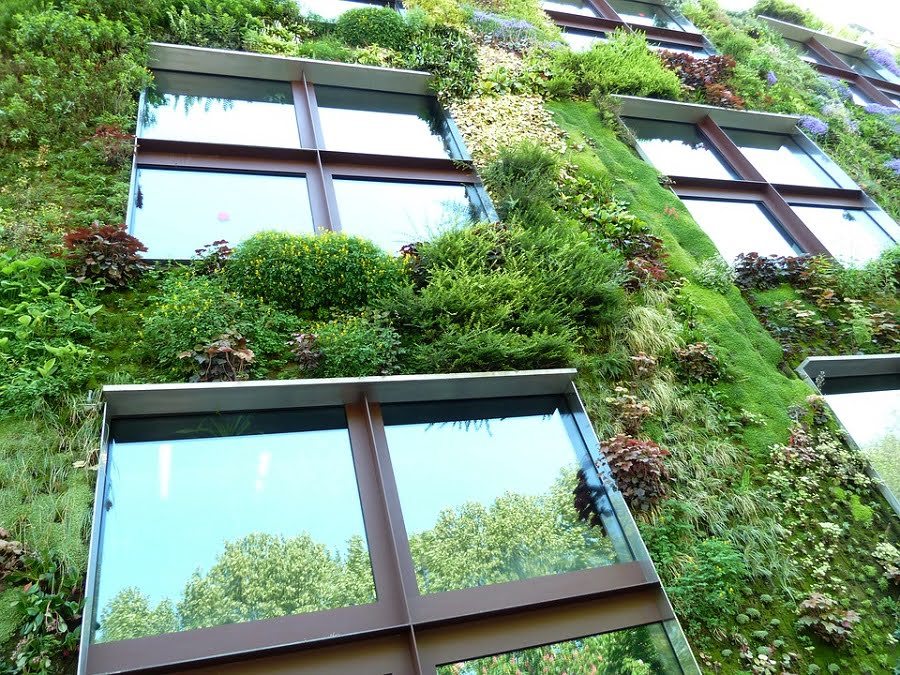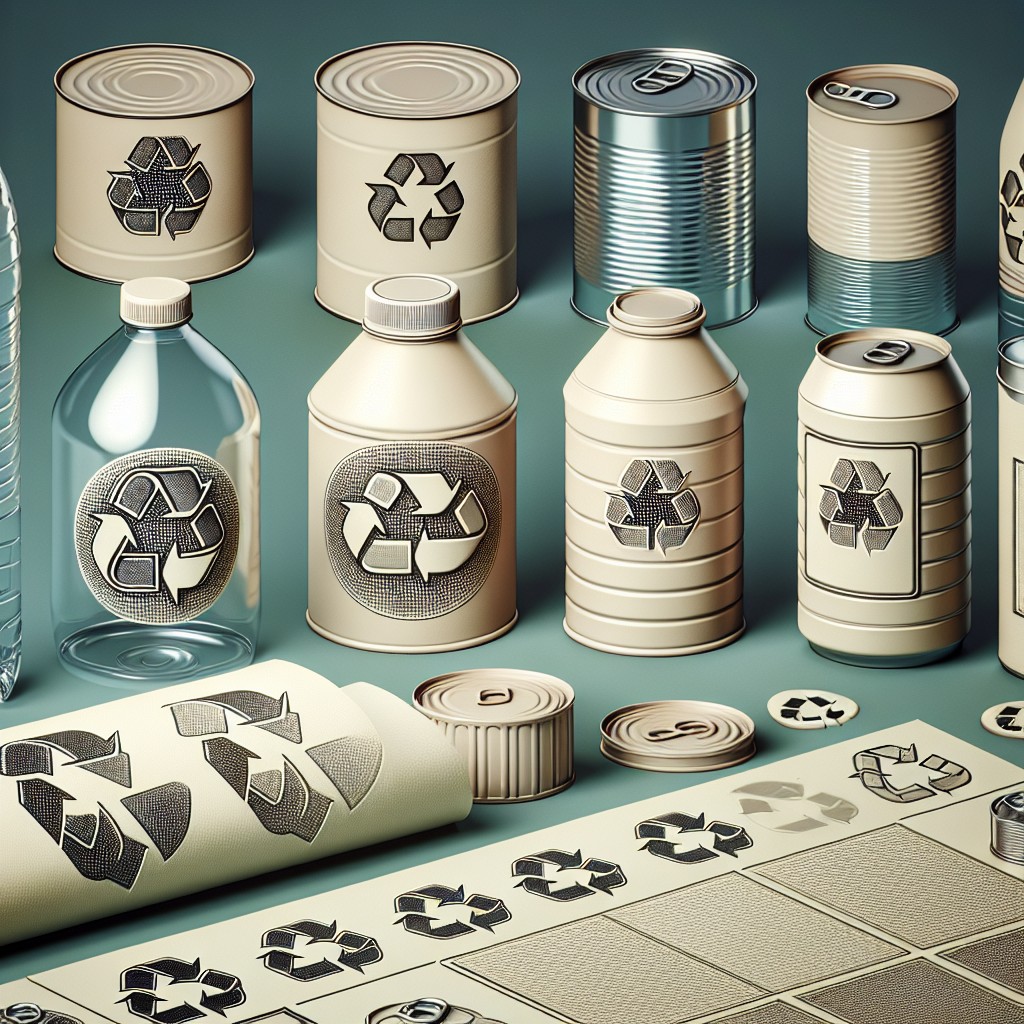Last updated on
This article clarifies whether saran wrap can be recycled and furnishes readers with important insights on the often misunderstood world of plastic wrap recycling.
Key takeaways:
- Plastic wrap is made from low-density polyethylene (LDPE) or polyvinyl chloride (PVC).
- Plastic wrap cannot be placed in regular recycling bins.
- Specialized drop-off locations exist for recycling plastic wrap.
- Plastic wrap poses challenges for recycling due to its thin and clingy nature.
- Eco-friendly alternatives to plastic wrap include beeswax wraps and silicone lids.
What Is Plastic Wrap?
Plastic wrap, also known as cling film, is a thin plastic film typically used for sealing food items in containers to keep them fresh over a longer period of time. This is usually made from a type of plastic called low-density polyethylene (LDPE), classified as number 4 plastic, or from polyvinyl chloride (PVC). Its clingy nature makes it a popular choice for kitchen use, as it provides an airtight seal.
Beyond the kitchen, it’s also used for wrapping pallets of goods to stabilize them during transport, as well as for bundling hardware and other items for retail sale. Despite its widespread use, the characteristics that make it convenient also pose a challenge for recycling systems.
Can Plastic Wrap Be Placed in Regular Recycling Bins?
Unfortunately, the answer is generally no; you cannot toss plastic wrap into your regular curbside recycling bin. The lightweight, stretchy nature of saran wrap means it can easily clog machinery at recycling facilities, causing significant operational disruptions. Moreover, it’s often contaminated with food and other residues that make recycling less efficient and more costly.
To tackle this issue, specialized drop-off locations exist where clean and dry plastic wrap can be collected for recycling. These facilities have the equipment to handle such materials without the risk of jamming machines. It’s crucial to check with your local waste management facilities for specific disposal guidelines, as some communities might have unique programs in place. Remember, each small step you take towards proper recycling helps create a more sustainable future.
Challenges in Recycling Plastic Wrap
Plastic wrap’s thin and clingy nature makes it a recycling nightmare. During the sorting process, it can clog the machinery, causing delays and potentially expensive damages. Furthermore, the adhesive quality that makes it so useful in the kitchen also means it can adhere to other recyclables, contaminating the stream and degrading the quality of recycled materials.
Additionally, not all plastic wraps are created equal. They are made from various types of plastic – some are PVC, others are low-density polyethylene (LDPE) – which need to be processed differently. This complexity requires specialized facilities that are not universally available. As a result, much of the plastic wrap ends up in landfills, where it poses a threat to the environment due to its non-biodegradable nature.
Eco-Friendly Alternatives to Plastic Wrap
Embracing sustainable materials for food preservation is key to reducing our reliance on single-use plastics. Beeswax wraps stand out as a champion in this field; they’re washable, reusable, and compostable, with a natural adhesive quality that mimics plastic wrap’s clinginess.
Another smart choice is silicone lids, which offer an airtight seal and can withstand a variety of temperatures, suitable for everything from fridge storage to oven baking.
For those looking for a DIY solution, cloth covers dipped in wax can fit over bowls and dishes, providing a customizable and quaint alternative.
Glass containers with snapping lids also offer a sturdy, reusable option and have the added advantage of being microwave-safe for convenient reheating.
Opting for these alternatives not only minimizes waste but also enriches your kitchen with environmentally friendly tools that can last for years.
How to Properly Dispose of Plastic Wrap
Given that plastic wrap cannot traverse the same recycling avenues as other materials, proper disposal is crucial. If your curbside recycling doesn’t accept it, consider locating a nearby drop-off facility that handles plastic film recycling.
Stores often have collection bins specifically for clean and dry plastic films and bags. Keep a dedicated bag or container in your home to accumulate plastic wrap and other similar materials; once full, take it to a drop-off point.
Always ensure the material is free from food residue as contamination can render the entire batch unrecyclable. If no recycling options are available, you must resort to throwing it into the trash.
To minimize environmental impact, reduce usage and choose alternatives when possible. Remember, proper disposal not only helps the environment but also assists the recycling process in being more efficient and effective.
FAQ
Is Saran Wrap recyclable plastic?
No, Saran Wrap is not recyclable due to its complex chemical composition which makes it difficult to process in recycling facilities.
How do you recycle plastic wraps?
Recycle plastic wraps by depositing them into designated recycling bins found at participating retail stores, not your standard curbside bins.
Can clingfilm be recycled?
No, clingfilm is not currently recyclable and should be disposed of in the non-recyclable bin.
Can Glad Wrap be recycled?
Yes, Glad Wrap can be recycled through soft plastics recycling schemes in Australia.
What are the environmental impacts of not recycling plastic wraps like Saran Wrap?
The environmental impacts of not recycling plastic wraps, such as Saran Wrap, include contributing to pollution due to the non-biodegradable nature of these wraps, causing harm to wildlife, and the depletion of non-renewable resources for their production.
Are there any innovative ways to recycle or repurpose used plastic cling film?
While recycling plastic cling film through traditional means poses a challenge, innovative solutions include repurposing it into eco-bricks or using it for craft projects.
What recyclable alternatives exist for traditional plastic wraps like Glad Wrap?
Recyclable alternatives for traditional plastic wraps include beeswax wraps, silicone lids, and natural fabric wraps infused with plant-based waxes and oils.
Related reading:
Table of Contents

